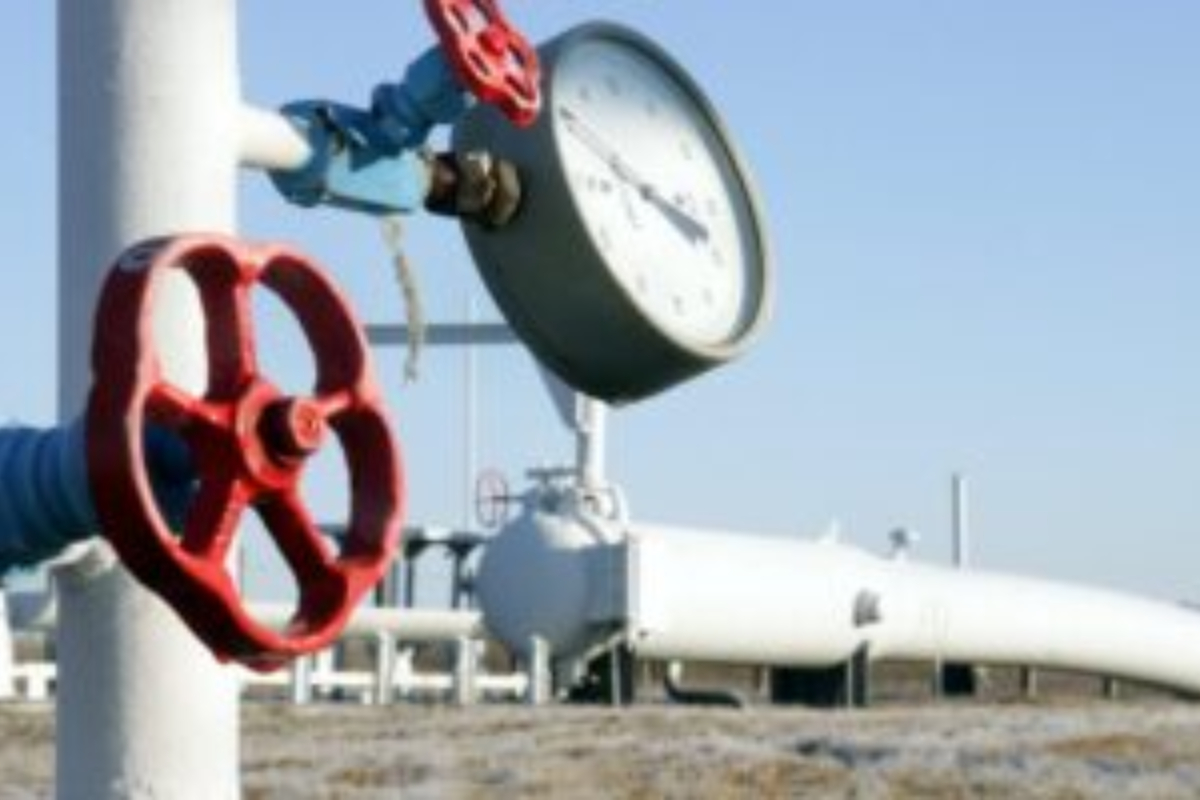- On Tuesday, countries in the European Union are expected to agree a weaker emergency EU proposal to reduce domestic gas demand, with opt-outs allowing them to take separate national preparation measures in response to Russian supply cuts.
- Twelve EU countries are already dealing with reduced Russian supply.
- The final draught will be approved on Tuesday during a meeting of energy ministers from EU nations.
On Tuesday, countries in the European Union are expected to agree a weaker emergency EU proposal to reduce domestic gas demand, with opt-outs allowing them to take separate national preparation measures in response to Russian supply cuts.
After Russian company Gazprom (GAZP.MM) announced it would once more cut flows to Europe through the Nord Stream 1 pipeline, Europe will experience a further gas shortage this week. Brussels has warned that a complete cut-off is likely and is pushing countries to get ready by saving gas and storing it for winter. Twelve EU countries are already dealing with reduced Russian supply.
Last Monday, the European Commission suggested emergency regulations forcing each nation to reduce its gas consumption by 15% from August to March. The aim would be optional, but in a supply emergency, the Commission may make it mandatory.
Nevertheless, the plan has encountered opposition from a number of governments, and nations have revised it to include exclusions for many nations and businesses. The final draught will be approved on Tuesday during a meeting of energy ministers from EU nations.
According to a senior EU diplomat, “Member states have to make sure that their aims are realistic given their domestic situation.”
Another diplomat stated that given the fact that many had obtained exemptions or looser requirements, ministers were likely to endorse the idea. There ought to be widespread agreement, the diplomat said.
Others, though, cautioned that the lax standards ran the risk of preventing nations from storing adequate gas for the winter. Despite months of rising prices and diminishing Russian supplies, the EU countries have cut their combined gas use by just 5%. This is in contrast to governments, particularly Germany, Europe’s largest gas consumer, who have increased their energy conservation initiatives.
Prior to its invasion of Ukraine in late February, 40% of the gas used in the EU was provided by Russia.
The redrafted proposal would omit non-EU gas network-connected target nations like Malta and Ireland from the obligatory requirements. While industries like chemicals and steel might be spared, countries that export gas to other countries and those with nearly full gas storage could be subject to reduced targets.
Following widespread opposition to the Commission’s first proposal that it have the last say, the plan would require a majority of countries to initiate the legally mandated gas cutbacks.
The plan has put the EU’s unity to the test, as some governments claim it is unjust to impose a single percentage cut on all member states. Critics include Greece, which claims it could survive a Russian cutoff, and Spain, which does not rely on Russian gas.
According to a Polish official, the nation would object to any regulations that may permit other EU countries to utilise Polish gas reserves.
[embedpost slug=” south-korea-suggests-further-rate-increases-unexpected-economic-growth/“]

















